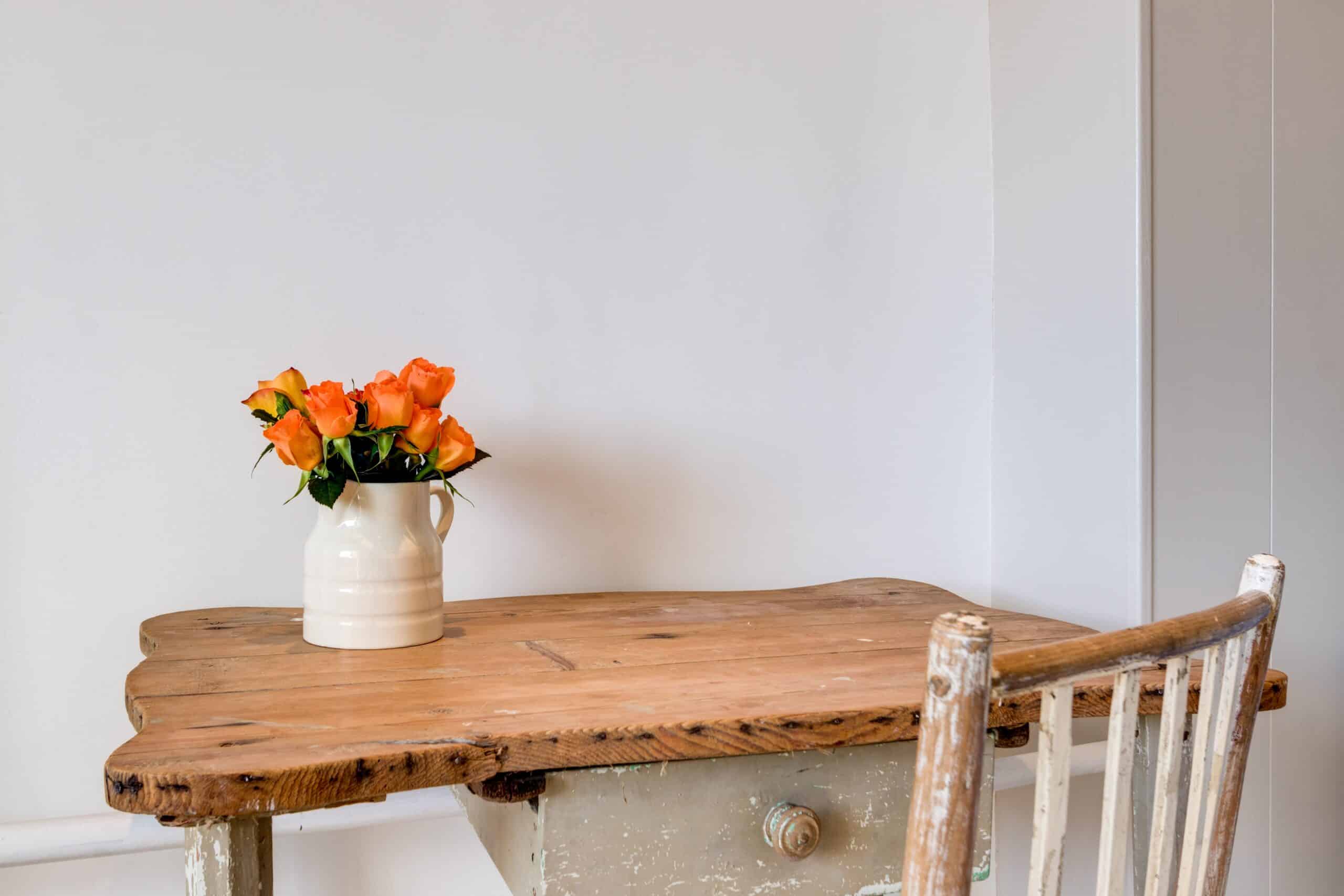My first Narcotics Anonymous meeting also happened to be my last. I was “encouraged” to attend NA with my uncle—a recovering alcoholic himself—once my folks discovered the bottles of prescription painkillers in the corner of my bathroom cabinet. I stepped into the room and took one look at the weathered, motley crew which comprised the members of the group, and quickly decided I wouldn’t be returning the following week. I wasn’t ready to quit downing pills with alcohol, much less admit I had a problem.

Merriam-Webster defines addiction as, “the quality or state of being addicted; [a] compulsive need for and use of a habit-forming substance (such as heroin, nicotine, or alcohol) characterized by tolerance and by well-defined physiological symptoms upon withdrawal.”
Practitioners debate whether addiction is a disease or a true mental illness; but, whether addiction is birthed through genetic or environmental (or some combination of both) components, one thing is certain: addiction is complicated and can cause devastating effects that cascade through relationships and families, often through generations.
It’s normal to endure a pendulum of emotions as you watch loved ones become consumed by their addictions, as well as uncertainty about how to best care for the addicts in your life. I’ll set a disclaimer by stating that I am not a licensed professional, nor have I worked extensively with addicts, nor do I fully understand addiction. I’m just a girl who loves a lot of past and current addicts. And, was once one myself.
Here are 6 ways you can love and support the addict in your life:
1. Don’t dehumanize; instead, see the person beneath the addiction.
Our society passes judgment on addicts, often characterizing them as weak, immoral people. Statements like, “Let them drink themselves to death. They deserve it,” are said in moments of frustration or misunderstanding. Over the years as the remnants of addiction have filtered throughout my family, I admit that my responses and reactions have been far from perfect. Yet, it’s important to see the whole person underneath the addiction, and the way he or she was before addiction took its deadly hold on their life.
2. Don’t personalize the addiction.
Feelings of anger and betrayal are normal responses when a loved one is a self-destructing time-bomb. There’s a tendency to personalize the addiction and act as though your actions can change the behavior of the addict. When the sex addiction of a loved one resulted in divorce and isolation, I had to learn the hard way that all my prying, coddling, and pleading wasn’t going to change him or fix the situation. I could no longer personalize the addiction by saying, “Well, if he loved his family, he would stop.”
Instead, I had to swallow the hard truth that he wasn’t engaging in his addiction to hurt me—it had nothing to do with me. Only then was I able to start learning more about his addiction and educating myself to understand better what was going on at the psychological and physiological levels.
3. Speak words of hope over your loved one.
Chances are your loved one doesn’t have hope for ever overcoming his or her addiction. Believe for them if they aren’t strong enough to believe in themselves. There is power in our words, so speak words of life to the addict in your life. Statements like “You can do this” and “You are a warrior, and I believe in you” can be like honey to the soul. Keep those flames of hope ablaze, especially in the harder moments when all circumstances point otherwise.
If your loved one is on the road to recovery, remember they are undergoing enormous emotional, mental, and physical strain. Encourage them and build them up with words of hope and life. [You may want to become familiar with some AA slogans, read more in 5 Slogans from AA That Will Make Every Woman Wiser].
4. Foster an authentic atmosphere.
Depending on the relationship with your loved one and where they are on their journey (i.e., able to operate in healthy ways or remain sober for periods of time), sharing some of your own struggles brings an authentic level of connection between the two of you.
For me personally, stories of “me too” told by others fueled my desire to quit numbing myself with substances. Parts of the shame I carried with me lifted when people were authentic about their own struggles, and I felt free to disclose my struggles with them. Empathy and authenticity go a long way.
5. Develop healthy boundaries.
My counselor once painted two images for me regarding personal boundaries: “Think of the Hoover Dam, with its ridged, concrete walls,” she prompted. “It is unyielding, firm, and absolute. This is the type of boundary you put in place with the person causing you and your loved ones harm right now.” With others, she said, my boundaries could resemble the ocean shoreline with its fluid, flexible, and forgiving edges. Both images enabled me to explore the type of boundaries I needed to establish to operate out of my healthiest state. Decide what boundary lines are the healthiest for you and stick with it.
6. Be good to yourself.
Lastly, one of the best ways you can love the addict in your life is by seeking the help and support you need to weather this difficult part of life. Having a loved one who suffers from addiction is stressful and taxing on your physical, emotional, and mental states. Check out national groups, such as Al-Anon or Adult Children of Alcoholics for family members of addicts or local support groups. Having a tribe of others in the trenches with you can empower and comfort you.
Remember, you aren’t alone in this journey. Loving your addict is one of the hardest experiences in life. Have heaps of grace for yourself as you seek to love them despite their addiction. And don’t forget there is support for them—and for you—along the way.













